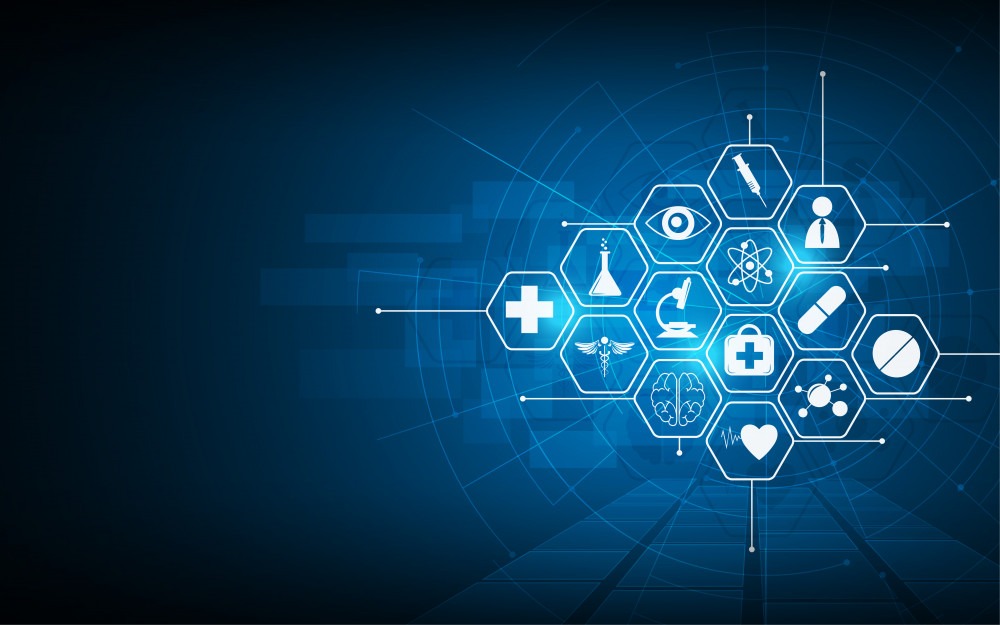
The primary goal of the international COVID-19 Technology Access Pool (C-TAP) to facilitate access to COVID-19 health products received a major boost last week with an offer from the U.S. National Institutes of Health (NIH) for several related technologies.
These offers would allow potential licensing through the Medicines Patent Pool (MPP) – a fact that earned praise from the World Health Organization (WHO) and MPP alike. WHO helped form C-TAP in 2020, together with 43 member states, while MPP holds its licenses and provides its licensing expertise.
“I thank NIH for its offer of innovative therapeutics, vaccines, and diagnostic methods for COVID-19,” WHO Director-General Dr. Tedros Adhanom Ghebreyesus said. “Voluntary sharing of technologies through non-exclusive agreements will not only help us put the pandemic behind us; it will also empower low- and middle-income countries to produce their own medical products and achieve equitable access.”
This continues in a long tradition for NIH, according to MPP Executive Director Charles Gore, who noted that the U.S. health agency was the first to share its patents with MPP for an HIV product when MPP was first created in 2010.
“We will be honored to sign public health-driven transparent non-exclusive license agreements with NIH under the auspices of C-TAP when the negotiations have concluded, with the goal to provide access of these innovative technologies to people in need around the world and help put an end to the pandemic,” Gore said.
C-TAP fosters speedy, equitable, and affordable access to COVID-19 health products by bolstering their production and supply through open, non-exclusive licensing agreements. Therapeutics, diagnostics, vaccines, and more are all fair game, and contributors are encouraged to share intellectual property, knowledge, and data.




